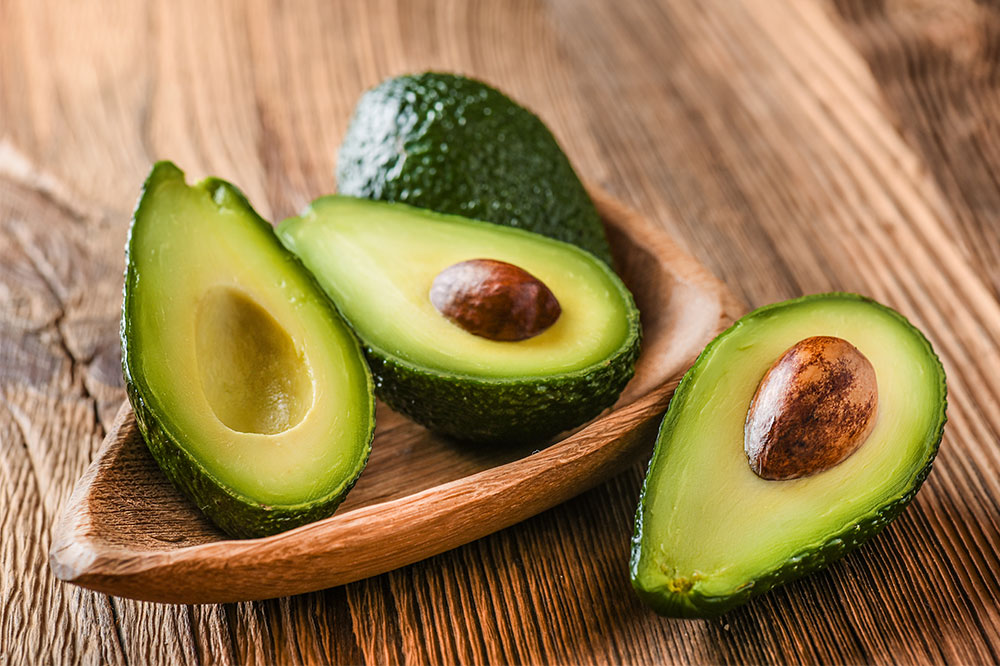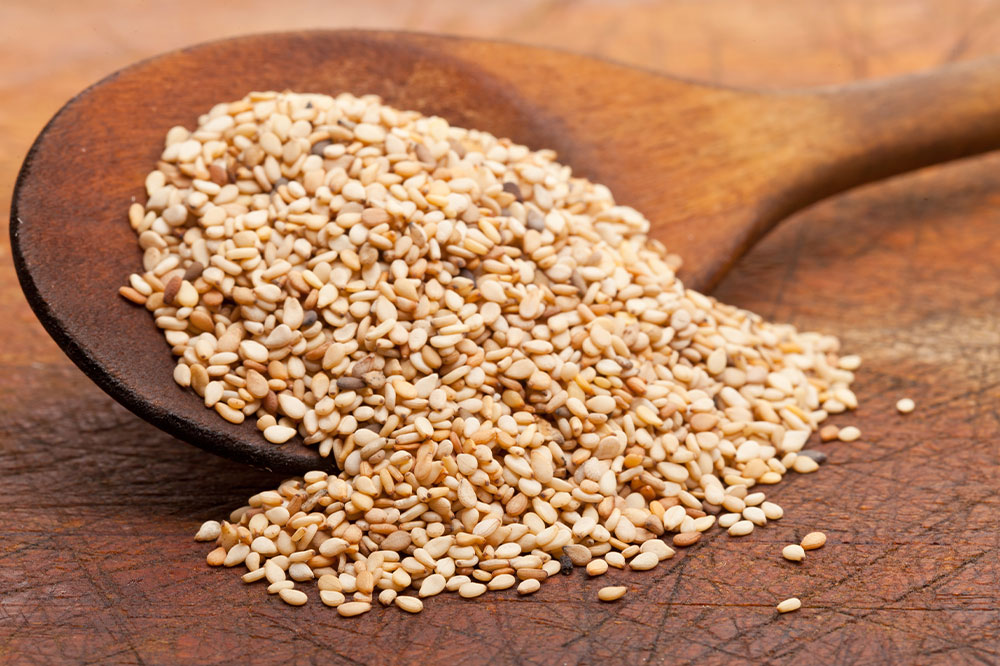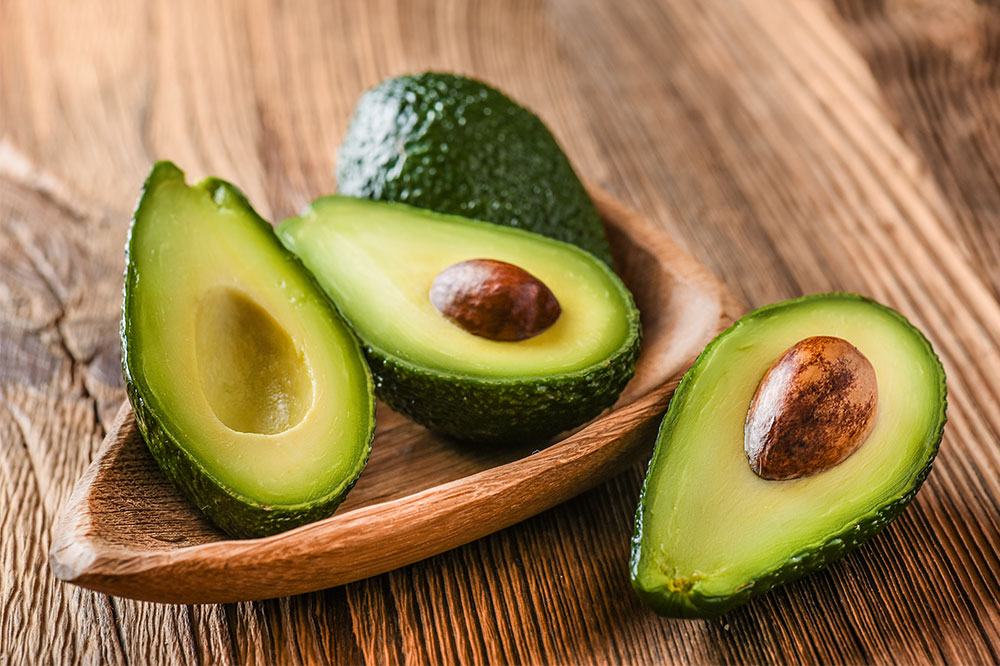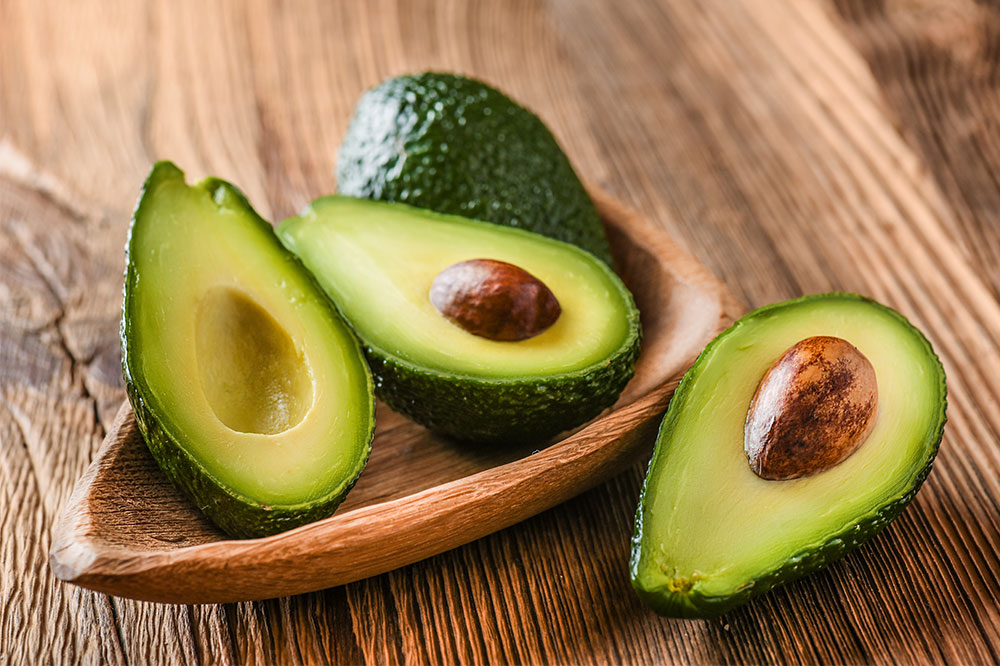Comprehensive Guide to the Top 10 Heart-Healthy Foods for Optimal Cardiovascular Wellness
This comprehensive article explores the top 10 nutrient-packed foods that significantly promote heart health. By understanding how these foods contribute to cardiovascular wellness, readers can make informed dietary choices to reduce the risk of heart disease. From fatty fish rich in omega-3s to antioxidant-rich berries and heart-healthy fats in avocados, this guide offers practical tips for integrating these superfoods into daily meals for a healthier heart and healthier life.
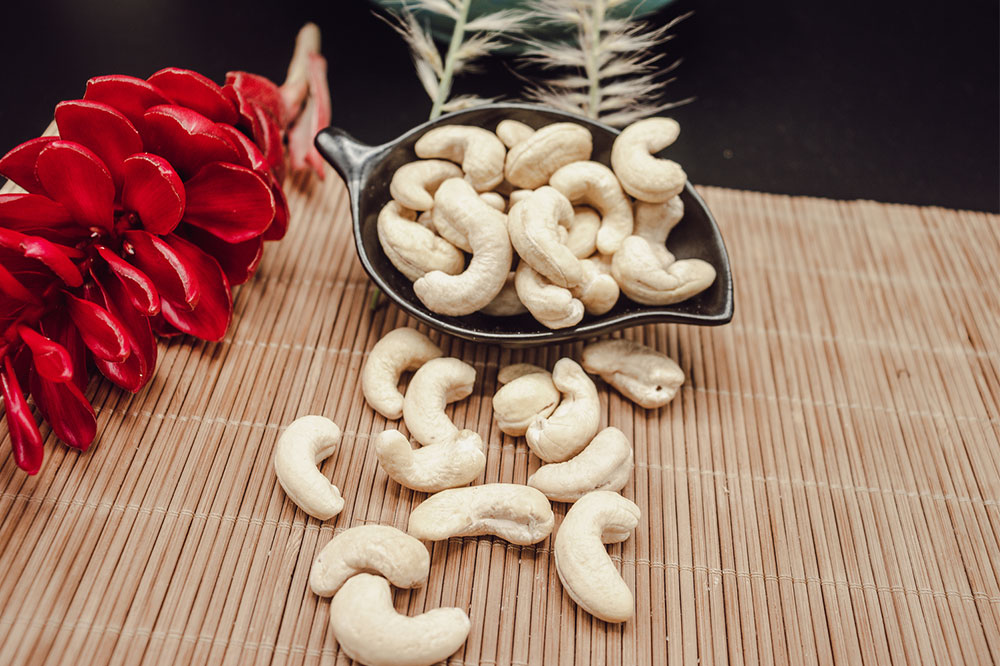
Comprehensive Guide to the Top 10 Heart-Healthy Foods for Optimal Cardiovascular Wellness
Cardiovascular disease continues to be the number one cause of death globally, accounting for millions of fatalities each year. While genetic factors play a role, lifestyle choices—especially diet—are crucial in the prevention and management of heart-related ailments. By focusing on nutrient-rich foods that promote heart health, individuals can significantly lower their risk of developing conditions such as heart attacks, strokes, and hypertension. Integrating a variety of superfoods into daily meals is one of the most effective and sustainable approaches to support a healthy cardiovascular system.
Proper nutrition provides the essential building blocks for maintaining healthy blood vessels, regulating blood pressure, and controlling cholesterol levels. Unsurprisingly, many common foods are packed with beneficial nutrients like omega-3 fatty acids, dietary fiber, antioxidants, vitamins, and minerals that contribute directly to cardiovascular protection. Regularly consuming these foods, combined with a healthy lifestyle, can drastically improve heart health outcomes, enhancing quality of life and longevity.
In this comprehensive guide, we explore ten of the most beneficial foods for heart health, detailing how each item contributes to cardiovascular well-being and offering practical tips on how to incorporate them into your diet.
1. Fatty Fish: Your Heart’s Best Friend
Fatty fish, such as salmon, mackerel, sardines, and anchovies, are among the most potent foods for heart health due to their high content of omega-3 fatty acids. These essential fats are known to help maintain a regular heartbeat, reduce blood pressure, lower triglycerides, and prevent blood clots. The anti-inflammatory properties of omega-3s also help inhibit the development of arterial plaque, reducing the risk of atherosclerosis.
Medical experts recommend consuming at least two servings of fatty fish per week to harness these benefits. Incorporating grilled salmon into your dinner menu or adding sardines to salads are simple ways to boost your intake of heart-healthy fats. For those with seafood allergies or preferences, omega-3 supplements are an alternative, but whole foods offer additional nutritional benefits that supplements might lack.
2. Oats: A Whole Grain Powerhouse
Oats are a versatile and nutritious whole grain that plays a significant role in supporting heart health. They contain a high amount of soluble fiber, particularly beta-glucan, which helps lower low-density lipoprotein (LDL) cholesterol—the ‘bad’ cholesterol—by binding to it in the digestive system and facilitating its excretion. This process reduces arterial plaque formation and helps maintain clean, flexible blood vessels.
Choosing steel-cut oats over instant varieties ensures minimal processing and added sugars, maximizing their health benefits. Adding sliced fruits and nuts can make oats an even more nutrient-dense breakfast, promoting sustained energy and cardiovascular health throughout the day.
3. Chia Seeds: Tiny but Mighty
Chia seeds are hailed as a superfood due to their impressive nutrient profile, which includes omega-3 fatty acids, antioxidants, fiber, calcium, and magnesium. Their high soluble fiber content aids in reducing triglyceride levels and improving blood lipid profiles, which are crucial factors in cardiovascular health. Additionally, chia seeds can help regulate blood sugar levels and reduce inflammation.
Adding a tablespoon of chia seeds to smoothies, yogurt, or oatmeal is an easy way to incorporate these tiny seeds into your diet. With consistent consumption, chia seeds support overall heart function by promoting healthy blood flow and reducing oxidative stress.
4. Dark Chocolate: A Rich Source of Flavonoids
Dark chocolate with at least 60-70% cocoa content is a rich source of flavonoids—potent plant compounds with anti-inflammatory and vasodilatory properties. These compounds enhance nitric oxide production, which improves blood circulation and reduces blood pressure. Moreover, dark chocolate’s antioxidants help prevent the oxidation of LDL cholesterol, thereby reducing plaque buildup and the risk of cardiovascular disease.
While dark chocolate offers impressive benefits, moderation is essential due to its calorie content. A small piece (about 1 ounce) a few times a week can provide health benefits without contributing to weight gain. Opt for products with minimal added sugars and preservatives for maximum cardioprotective effects.
5. Berries: Nature’s Heart-Boosting Delights
Blueberries, strawberries, raspberries, and other berries are rich in flavonoids, specifically anthocyanins, which have been linked to reduced blood pressure and improved elasticity of blood vessels. These antioxidants combat oxidative stress and inflammation, both of which are contributors to cardiovascular disease.
Consuming berries at least three times weekly can help prevent the formation of arterial plaque and support healthy blood flow. Incorporate fresh or frozen berries into cereals, smoothies, salads, or enjoy them as a snack for a delicious way to promote heart health.
6. Legumes: Protein-Packed Heart Supporters
Beans such as black beans, kidney beans, chickpeas, and navy beans are excellent sources of plant-based proteins, dietary fiber, vitamins, and minerals like potassium and magnesium. These nutrients help lower LDL cholesterol levels and regulate blood pressure, directly reducing the risk factors for heart disease.
Legumes are highly versatile and can be incorporated into a variety of meals, including soups, stews, salads, and even veggie burgers. Regular consumption of legumes supports heart health by maintaining healthy blood lipid levels and promoting overall metabolic health.
7. Dark Leafy Greens: Nutrient-Dense Heart Protectors
Dark leafy greens, including kale, spinach, collard greens, and Swiss chard, are among the most nutrient-dense foods available. They are rich in folate, vitamin K, nitrates, and antioxidants—all of which contribute to cardiovascular health. Nitrates in greens can help dilate blood vessels, lowering blood pressure and improving blood flow.
Including a variety of leafy greens in salads, smoothies, or sautés can significantly impact arterial health and reduce stiffness. Their high vitamin K content also plays a vital role in blood clotting and preventing abnormal blood clot formation, which can lead to strokes.
8. Avocados: Heart-Healthy Fats
Avocados are uniquely rich in monounsaturated fats, which are associated with lowering LDL cholesterol and increasing high-density lipoprotein (HDL) levels—the “good” cholesterol. They also provide dietary fiber, potassium, and phytosterols that support healthy blood pressure and cholesterol absorption.
Adding avocado slices to salads, toast, or smoothies is an excellent way to enjoy their benefits. Their creamy texture and rich flavor make them a delicious addition to many dishes, promoting a heart-friendly diet.
9. Citrus Fruits: Fruits of the Heart
Oranges, grapefruits, lemons, and other citrus fruits are loaded with vitamin C, flavonoids, and soluble fiber. These nutrients have been shown to lower blood pressure, reduce LDL cholesterol, and improve endothelial function—the lining of blood vessels.
Regular consumption of citrus fruits, either fresh or as juice, can contribute to a lower risk of stroke and coronary heart disease. Their natural sweetness also makes them a healthy and satisfying snack option.
10. Nuts: Compact Sources of Heart Benefits
Walnuts, almonds, pistachios, and other nuts are rich in healthy monounsaturated and polyunsaturated fats, along with fiber, vitamins, and minerals such as magnesium and manganese. These nutrients collaboratively help to lower LDL cholesterol, reduce inflammation, and improve blood vessel function.
Consuming a small handful of nuts daily, about 1 ounce, can provide significant cardiovascular benefits. Snack on walnuts or incorporate chopped nuts into salads, yogurt, or oatmeal for a heart-healthy boost.
In conclusion, adopting a diet rich in these ten nutritious foods can be a powerful strategy to support and improve heart health. Combining proper nutrition with regular physical activity, avoiding smoking, managing stress, and maintaining a healthy weight creates a comprehensive approach to cardiovascular wellness. Making mindful dietary choices today can lead to a healthier, longer life tomorrow, safeguarding your heart for years to come.

